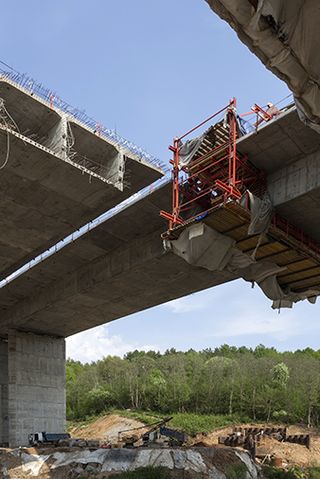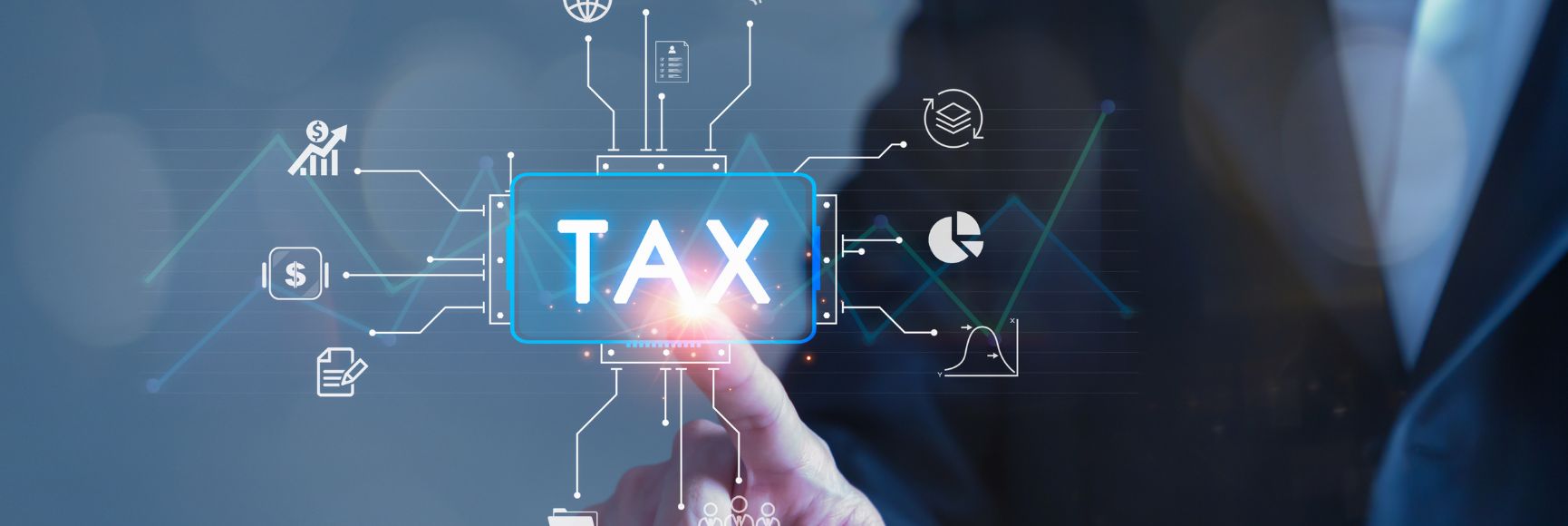
Posted by Christophe Dossarps[1]
Transparency. Efficiency. Quality. If you work with infrastructure projects, these are words you will hear all the time. Unfortunately, these concepts are familiar only because so many projects lack them. These “lessons learned” are often discussed during workshops and evaluation sessions focused on what not to do next time.
But with the newly launched International Infrastructure Support System (IISS) at the Inter-American Development Bank on Wednesday, January 27th in the presence of the global community of multilateral development banks, the IMF, the World Economic Forum and a series of key private sector organizations - a digital platform that supports project preparation - achieving transparency, efficiency and quality in infrastructure PPPs, and traditional procurement, is within our reach.
An Introduction of International Infrastructure Support System - Video produced by the Sustainable Infrastructure Foundation
This new approach to project preparation is the result of collaboration among the world’s major multilateral development banks (MDBs) and Development Financing Institutions (DFIs), along with many forward-thinking private sector institutions. This broad-based collaboration with other knowledge-management initiatives and databases sets IISS apart from other project platforms.
In recognition of the progress IISS has made and the results of pilot projects, several development banks and project preparation facilities have already agreed to use IISS for their infrastructure projects, and to support the future development of the platform. Adoption of IISS is already guaranteed across a wide range of sectors.
Why should organizations use IISS?
Organizations that have been involved in managing an infrastructure project at any stage, fully understand how difficult it is for the many contributors to operate from a single working environment. For example, consultants working on a project may not be up to date with recent government decisions on public investment; problems with version control can often slow down progress; communication between the public and private sectors can be compromised by outdated or mistaken assumptions; and the ability to generate and disseminate reports may be limited due to data availability and inefficient communication channels.
IISS is designed to solve these and many other infrastructure project challenges. Development of the platform took more than six years, and benefited from the feedback of over 3,000 ideas received from more than 60 organizations. One of the reasons the platform took so long to develop was because both the private sector and the public sector were closely involved in its development.
This cooperation has been critical for the platform’s success. Both sides participated in rigorous online and onsite feedback sessions and pilots that tested every aspect of the platform’s capabilities.
Who is responsible for IISS ?
The just-launched platform was initially created by the Asian Development Bank under the acronym NIIS (National Infrastructure Support Systems). NIIS showed so much potential that the Sustainable Infrastructure Foundation (SIF) was created with support from several MDBs and DFIs specifically to expand NIIS to serve a global audience. In addition to providing funding, the following MDBs and DFIs are members of the Advisory Committee, which provides advice and guidance on the strategic direction of IISS:
- African Development Bank(AfDB)
- Asian Development Bank(AsDB)
- O Banco Nacional de Desenvolvimento Econômico e Social(BNDES)
- Development Bank of Southern Africa(DBSA)
- European Bank for Reconstruction and Development(EBRD)
- Inter-American Development Bank(IaDB)
- World Bank Group(WBG)
What next?
Currently, IISS is progressively being rolled out to governments around the world. Once there is a substantial pipeline of quality projects in the system, we will invite private sector companies to register and explore interesting investment opportunities.
IISS is poised to become the global standard for infrastructure project preparation and a one-stop shop for potential investors. Click here to find out more about IISS.
[1] Chief Executive Officer, SIF-IISS.
Note: The posts on the IMF PFM Blog should not be reported as representing the views of the IMF. The views expressed are those of the authors and do not necessarily represent those of the IMF or IMF policy.





